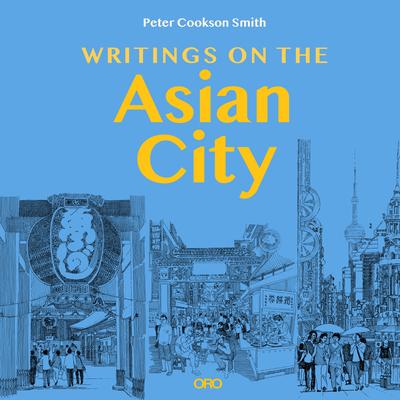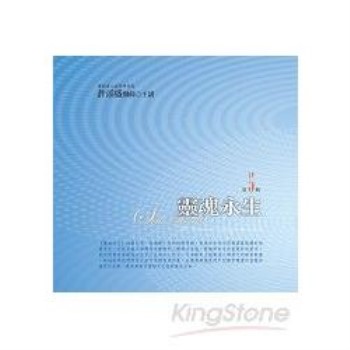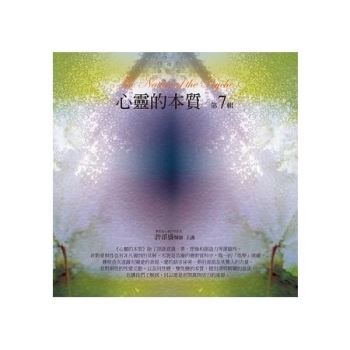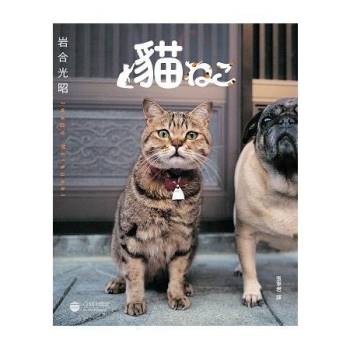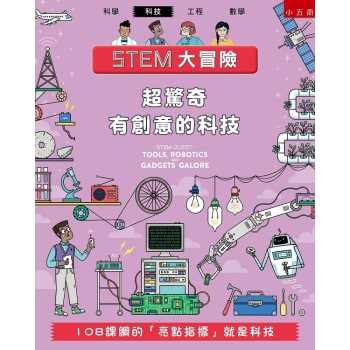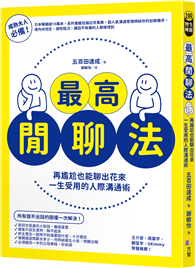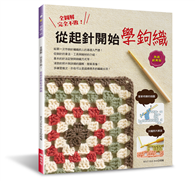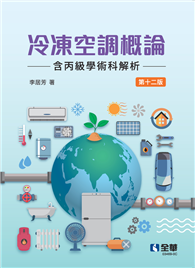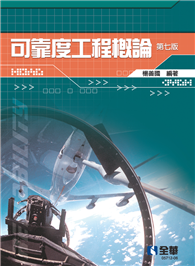The book examines the contemporary Asian city through the prism of urban design in assimilating new and established drivers of growth. This includes intensified forms of residential development, specialized commercial centers and technology parks, that drive the momentum of the contemporary city, while acting to restructure and reshape forms of capital investment.
New spatial patterns are facilitated by tranches of urban expansion, redevelopment, regeneration and suburbanization that have emerged as by-products of both formal and informal development processes. The book also examines the Asian city language embodied in the local morphology--the essential values of the street, block, temple precinct and monument, and how these can be incorporated as drivers of new urban identities that relate to the changing culture and configuration of city neighborhoods. All of these continue to impose different levels of impact on the creation of livable cities and the quality of life for their inhabitants. In this way urban design can look to the future while respecting the past.The book frames a perspective on the urban design challenges presented by the rapidly expanding and regenerating Asian cities, and how these can be shaped by memory, meaning and identity while meeting sustainable, resilient and community concerns.
